The inauguration of the academic year of the Camillianum (the International Institute for the Theology of Pastoral Care in Health) took place on Wednesday 19 November 2014 in Rome
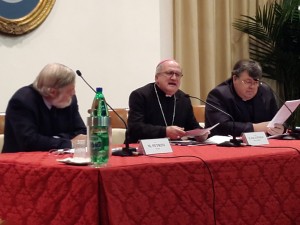 Fr. Leocir Pessini, the Superior General of the Order of the Ministers of the Sick and general moderator of the Camillianum, in his homily during the celebration of the Eucharist observed that the seed of true human and theological formation is a capacity to achieve an interaction between knowledge (a cultural fact), wisdom (an existential contribution) and discernment (a progressive capacity to make a distinction in daily history between what elevates and advances man and what degrades him).
Fr. Leocir Pessini, the Superior General of the Order of the Ministers of the Sick and general moderator of the Camillianum, in his homily during the celebration of the Eucharist observed that the seed of true human and theological formation is a capacity to achieve an interaction between knowledge (a cultural fact), wisdom (an existential contribution) and discernment (a progressive capacity to make a distinction in daily history between what elevates and advances man and what degrades him).
These are the human and intellectual requisites to be able to open windows to the Spirit who brings permanent beauty, truth and new goodness, is the repairer of wounds and tensions, presents anew in us the splendid humanity of the Son of God, and is the permanent source of inspiration and growth for our humanity as well: following the example of St. Camillus we are called to develop and live taking the form of a heart that continues to beat in the practical realities of the works of our hands.
Fr. Pessini introduced the academic year to the assembly by thanking the presidency, the secretariat and the teaching staff of the Camillianum for the valuable contribution that the institute offers in the field of the formation of men and women religious and lay people who work at a pastoral level in the world of health and illness.
He relaunched the project of republishing in an updated form the Dizionario di Teologia Pastorale (‘Dictionary of the Theology of Pastoral Care’) given that it was a valuable instrument for those who want to implement their human and theological formation.
He also proposed the idea of an academic community at the Camillianum through greater synergy with other university centres, beginning with that of the Camillian University of San Paolo in Brazil.
He referred, much moved, to the recent publication of the doctoral thesis of Fr. Francisco Alvarez, a Camillian religious who is currently very ill and was one of the founders of the Camillianum, being for many years also a lecturer there.
Msgr. Enrico dal Covolo, the Rector of the Pontifical Lateran University, of which the Camillianum forms a part, gave a lectio magistralis on the subject of ‘The First Christians and Medicine, Assistance and Treatment for the Sick’.
In it he observed that during the early centuries Christians – differently from lay medicine – advanced the image of Christ ‘physician and medicine’, the healer of bodies and souls (‘Christ the Medicine of Immortality’) and this was true above all of the Eastern fathers. This was done in continuity with the healing miracles of the gospels where Christ appears as the sole author of the healing and salvation of man.
St. John Chrysostome compared priests with physicians – this was a comparison that later became classic! Just as the physician heals the body of man so priests with their words and witness raise and heal the human spirit.
This Christian idea is to be placed in the line of contrast with Gnostic dualism (spirit v. flesh) that despised the body, the flesh, and as such also medicine with its attention to the equilibrium of the biology of man. A certain Christian mysticism, which supported an excessive pedagogy of human pain, also had to be led back to a healthy equilibrium.
The practice of magic for the purposes of treatment and healing (for example the use of charms, the placing of sick people in the holy places of paganism) remained latent in Christian communities as well. Christians opposed the cult of Asclepius with the cult of healing and miracle-working saints…the boundaries between religious medicine, magic medicine and secular medicine became increasingly blurred. However in the wider Church during the first three centuries of Christianity the relationship between Christianity and medicine seemed to be solid and fruitful.
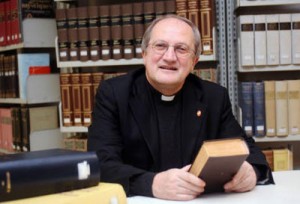 In the East, the great migratory flows after the turning point of Constantine (313 AD), the great movement of pilgrims to the Holy Land, and trade along the great communications routes all caused the presence of great masses of men and women who were exposed to every kind of need, of a health-care nature as well. There thus arose places for accommodation and for the meeting of those needs. Hospitals during the fourth century were one of the great insights of the Christian communities, above all in the East. Hostels for pilgrims and travellers, centres for the poor and the chronically ill, leper colonies, homes for the elderly and hospitals were all created. The founders of these institutes were emperors and empresses, ecclesiastics and lay philanthropists…
In the East, the great migratory flows after the turning point of Constantine (313 AD), the great movement of pilgrims to the Holy Land, and trade along the great communications routes all caused the presence of great masses of men and women who were exposed to every kind of need, of a health-care nature as well. There thus arose places for accommodation and for the meeting of those needs. Hospitals during the fourth century were one of the great insights of the Christian communities, above all in the East. Hostels for pilgrims and travellers, centres for the poor and the chronically ill, leper colonies, homes for the elderly and hospitals were all created. The founders of these institutes were emperors and empresses, ecclesiastics and lay philanthropists…
Basil, the Bishop of Caesarea, built the Basiliade, the city of the sick and the poor. This was to be the origin of more structured forms of assistance and care.
Those monks who felt attracted by a more practical form of their monastic vocation (greater synergy between mysticism, prayer and contemplation in the practical exercise of charity) worked in hospitals The association between monasteries and hospitals continued for a long time in the Byzantine East. During the early Christian centuries the close connection between Christians communities and hospitals was born, grew and developed, above all in the East.
There were also examples of care and assistance in the West. However, these were the outcome of the personal initiatives of individual believers and men and women of the Church (for example the activities of Paolino da Nola). In the West hospitals conserved for a long time the profile of being generic places for taking in the poor and pilgrims. Only subsequently did they also acquire the profile of providing care of a more specifically health-care character.
A basic fact remained: health-care and assistance during this epoch grew in harmony with the growth of the dimension of the charity provided by Christian communities (the inseparable relationship between love for God and love for neighbour, above all the frailest and the sick).
For those who wish to continue their analysis of the subject we here offer the text of the lectio magistralis of His Excellency Msgr. Enrico dal Covolo, the Rector of the Pontifical Lateran University.








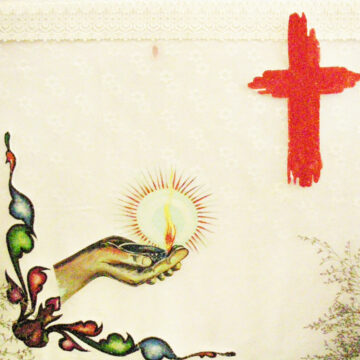
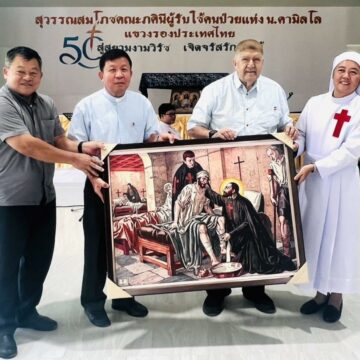
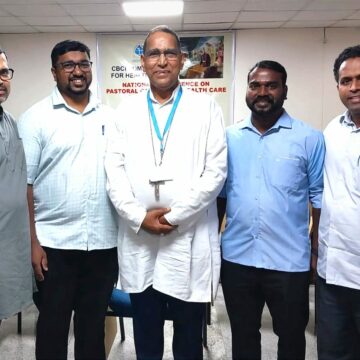
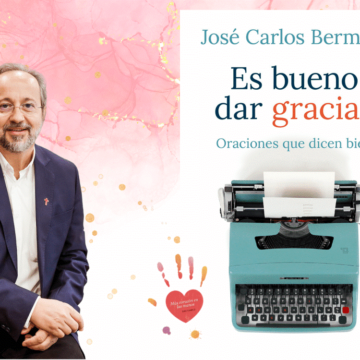

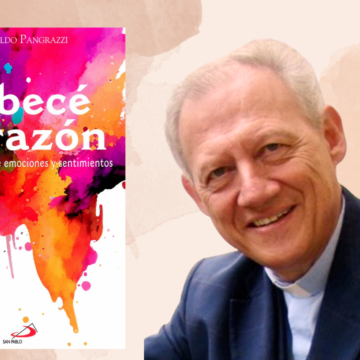
Camillians on Facebook
Camillians on Twitter
Camillians on Instagram